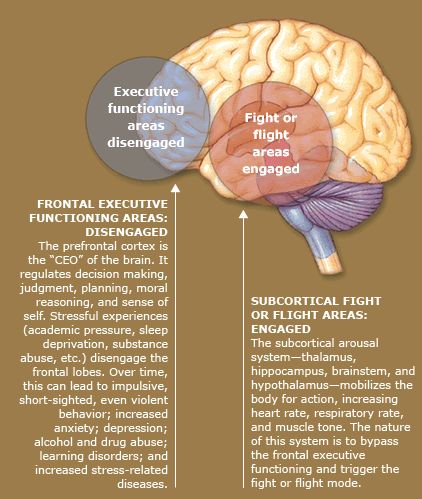Introvert narcissist relationship
Are You In Love With An Introvert Narcissist?
The word "narcissist" carries a high level of stigma, and there are a lot of stereotypes attached to the term, too, many of which are not necessarily accurate across the board. When we hear the word "narcissist" or talk about narcissistic personality disorder, we often think of the stereotypical or more overt presentation. So, what exactly is an introvert narcissist, and how do you know if you're dating one?
Want to Learn More about Introvert Narcissists?
Speak With A Board-Certified Therapist Online.
Narcissistic personality disorder or NPD is a diagnosable mental health condition characterized by a grandiose or inflated sense of self-importance, a need for admiration, and a lack of empathy for others. A grandiose sense of self and self-importance is one of the most dominant and well-known symptoms of narcissistic personality disorder. Still, someone who has a more introverted or covert presentation may display this symptom in a way that does not fit media depictions or stereotypes.
"Introvert narcissist" is not a clinical term. However, there are different ways that symptoms of narcissistic personality disorder can present. Presentations of narcissistic personality disorder or NPD can typically be grouped into one of the following: Covert NPD or Overt NPD. As these terms suggest, symptoms of narcissistic personality disorder or NPD can present in a more traditional, overt manner or a more covert, quiet, or hidden manner.
When someone says "introvert narcissist," they most likely refer to a covert presentation of narcissistic personality disorder or NPD. Some people use the terms "vulnerable narcissist" or "closeted narcissist" interchangeably with the term "introvert narcissist" when referring to a covert presentation of NPD. It may be more challenging to pick up on what's going on if symptoms of NPD are more covert. With this in mind, understanding the symptoms of NPD and how they may present differently can be advantageous for someone hoping to understand this personality disorder better.
NPD Signs And Symptoms
Someone with a covert presentation of NPD will still meet the criteria for the disorder listed in the diagnostic and statistical manual of mental disorders (DSM). Symptoms of narcissistic personality disorder or NPD include:
- A grandiose sense of self-importance
- A fixation with success, power, or control
- An excessive need for admiration
- The belief that one is special or unique and can only be affiliated with or understood by other people and institutions of high status
- A tendency to exploit or take advantage of others
- An arrogant attitude or arrogant behaviors
- Envy of others or the belief that others are envious of them
- A lack of empathy
- A sense of entitlement
A narcissistic personality disorder is a cluster B personality disorder. Underneath the surface, people who live with narcissistic personality disorder tend to struggle with what is referred to as low personal self-esteem.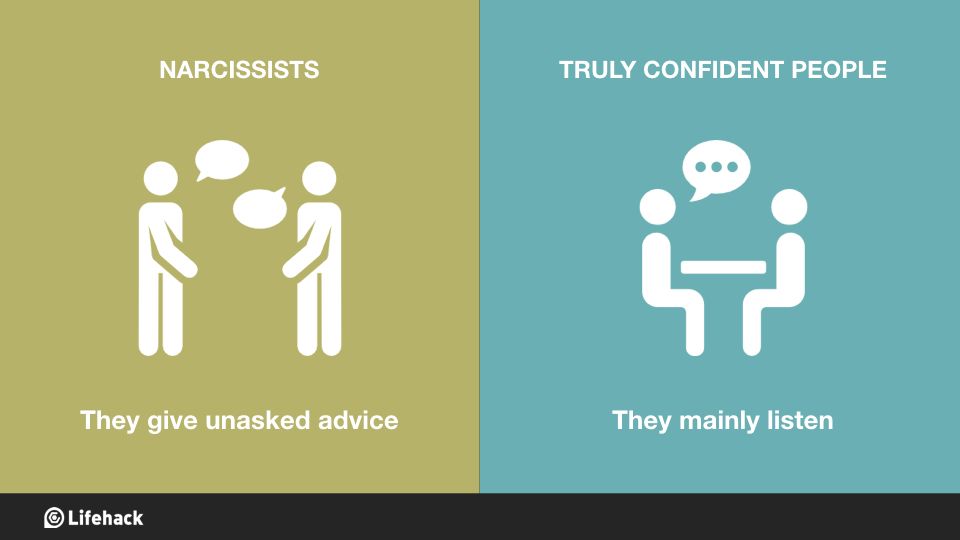 While this is true across the board, it may be more noticeable in NPD with a covert presentation.
While this is true across the board, it may be more noticeable in NPD with a covert presentation.
What Does Covert NPD Look Like?
If you're asking the question, "am I dating an introvert narcissist? You're probably wondering what a covert presentation of narcissistic personality disorder or NPD looks like. Here are some possible signs:
- They display a sense of superiority over others or feel superior to others, even if they do not say it outright. An individual might put other people down or criticize other people extensively without reason. It could even be that they criticize you, your friends, or your family.
- They are self-absorbed or show a high level of self-importance, even if it is not in the traditional or expected sense. For example, an individual may believe that everything is an attack on them. Say that you compliment a friend. Your partner may get upset, and even though it has nothing to do with them, think that your compliment toward another person is an insult toward them.

- They show an unusually high sensitivity to real or perceived criticism. Even if you are trying to have a civil conversation with them about your feelings, they may become unusually angry. Your partner may become passive-aggressive, vindictive, or give you the silent treatment following real or perceived criticism. After doing so, they may blame their behavior on you.
- They have strong feelings of envy or inadequacy. Whether the presentation is overt or covert, many people living with NPD are fixated on "winning" or gaining success, which can pair with envy for others or create a competition where there isn't one.
- When you bring up something that hurts your feelings, such as a snide remark they made toward you, they may deny that this occurred or say that it's for your benefit (I.E., "I only want what's best for you").
With all of that said, it is crucial to remember that you can't diagnose another person with a narcissistic personality disorder or NPD.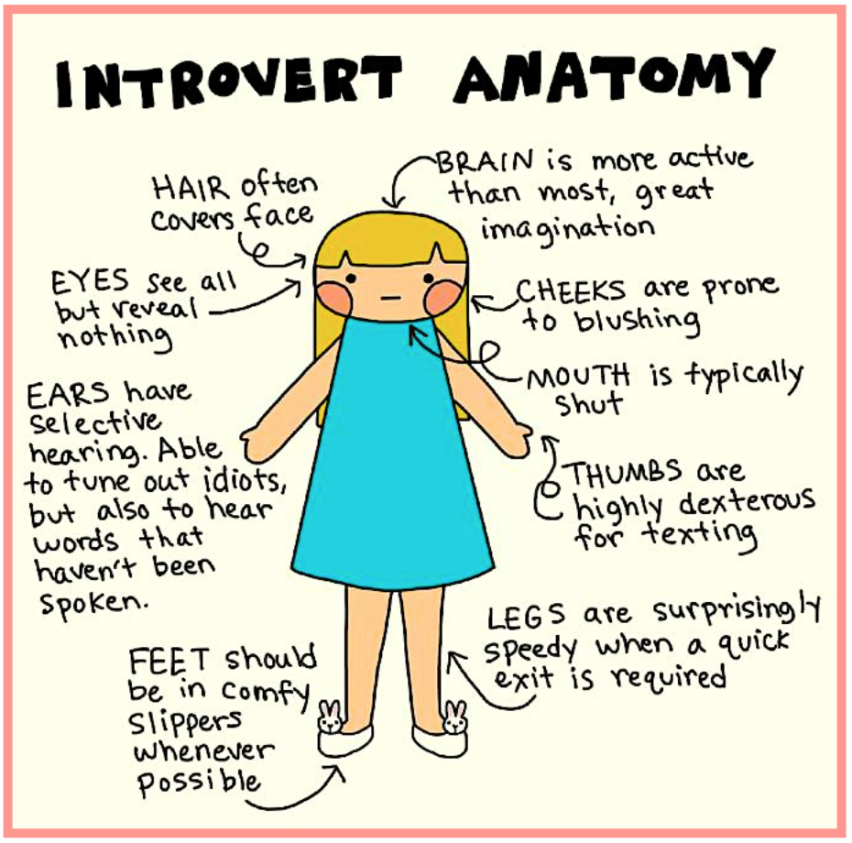 At the same time, these are not signs of a positive or healthy relationship. You don't need someone to have a formal diagnosis of narcissistic personality disorder to know that you need to leave the partnership if abuse of any kind is present, whether emotional abuse, verbal abuse, or another form of abuse, please reach out to the National Domestic Violence Hotline at 1-800-799-SAFE (7233) or visit their website here: https://www.thehotline.org/.
At the same time, these are not signs of a positive or healthy relationship. You don't need someone to have a formal diagnosis of narcissistic personality disorder to know that you need to leave the partnership if abuse of any kind is present, whether emotional abuse, verbal abuse, or another form of abuse, please reach out to the National Domestic Violence Hotline at 1-800-799-SAFE (7233) or visit their website here: https://www.thehotline.org/.
Want to Learn More about Introvert Narcissists?
Speak With A Board-Certified Therapist Online.
A diagnosis of narcissistic personality disorder does not mean that a person is "bad," and not everyone who has been diagnosed with a narcissistic personality disorder will display these behaviors. Treatment for narcissistic personality disorder is available, and with support, it is possible for someone living with NPD to take charge and manage their condition.
Diagnosis And Treatment For NPD
It's said that about 0.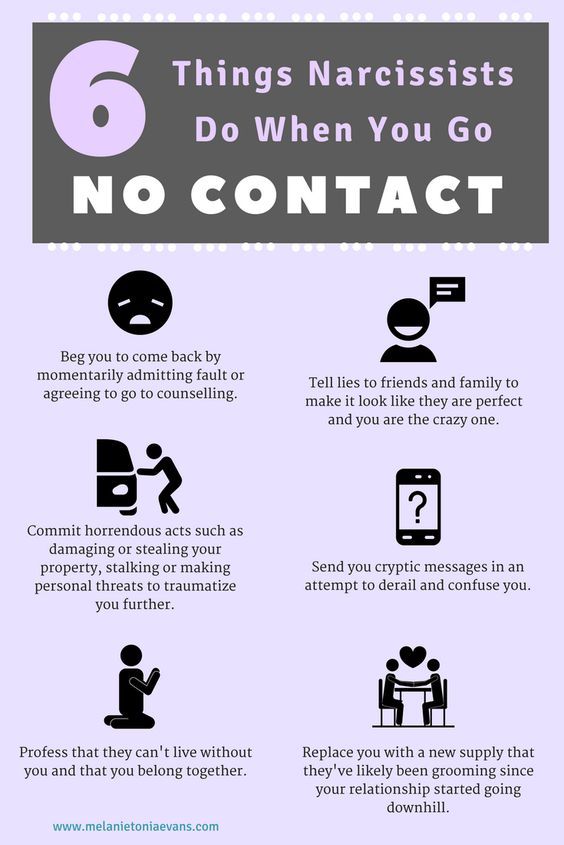 5% of the United States population lives with NPD. Narcissistic personality disorder or NPD is diagnosed like any other mental health condition or disorder. To receive a formal diagnosis, one must see a qualified medical or mental health professional such as a psychiatrist. For a diagnosis of narcissistic personality disorder to occur, symptoms must be ongoing, and they must not be better attributed to another condition or disorder.
5% of the United States population lives with NPD. Narcissistic personality disorder or NPD is diagnosed like any other mental health condition or disorder. To receive a formal diagnosis, one must see a qualified medical or mental health professional such as a psychiatrist. For a diagnosis of narcissistic personality disorder to occur, symptoms must be ongoing, and they must not be better attributed to another condition or disorder.
A narcissistic personality disorder is a treatable mental health condition, though not everyone with a narcissistic personality disorder or NPD seeks treatment or support. Forms of mental health therapy such as dialectical behavioral therapy or DBT effectively reduce the signs and symptoms of narcissistic personality disorder and is often the first line of treatment for narcissistic personality disorder or NPD. Awareness and insight into one's condition and behavior are two of the most imperative factors for the success of treatment for narcissistic personality disorder.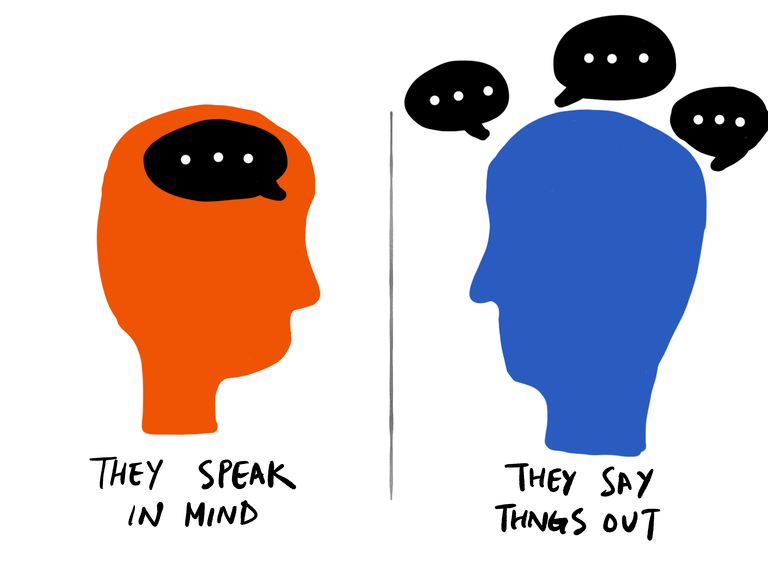
It is common for various other mental health conditions to occur in those living with NPD. These are called co-occurring or comorbid conditions. For example, those living with NPD have a higher likelihood of developing a substance use disorder* and depression when compared to the rest of the population. If a comorbid or co-occurring condition presents, these concerns may be addressed in treatment as well. In many cases, another mental health concern, whether that's a substance use disorder, depression, or something else, will be why someone with NPD initially reaches out to a medical or mental health provider.
*Substance use disorders are serious. If you or someone you know is struggling with substance use or a substance use disorder, please contact the SAMHSA hotline at 1-800-662-4357 or visit the SAMHSA website here: https://www.samhsa.gov/find-help/national-helpline.
The Bottom Line
You may not be able to diagnose a partner with narcissistic personality disorder, but it's not about the label at the end of the day. If your partner is treating you poorly, or if a relationship is impacting you negatively in any way, it's time for something to change. When a partner meets you with extensive criticism or a lack of validation for your feelings and experiences, it hurts, and it can take some time to heal. Whether or not someone has a diagnosis of NPD, there is no excuse for your partner's behavior, and it is not your fault if this is something you've been through. Seeing a therapist or counselor can help you heal and move forward. You deserve to have healthy, happy relationships, and seeing a mental health professional can be a game-changer.
If your partner is treating you poorly, or if a relationship is impacting you negatively in any way, it's time for something to change. When a partner meets you with extensive criticism or a lack of validation for your feelings and experiences, it hurts, and it can take some time to heal. Whether or not someone has a diagnosis of NPD, there is no excuse for your partner's behavior, and it is not your fault if this is something you've been through. Seeing a therapist or counselor can help you heal and move forward. You deserve to have healthy, happy relationships, and seeing a mental health professional can be a game-changer.
Find Support
Whether you're going through concerns related to a current or past relationship, a mental health condition, or something else that's on your mind, the support of a counselor or therapist can help. There are several different ways to find a licensed therapist. You can search the web, ask your doctor for a referral, contact your insurance company to see who they cover, or sign up for a reputable online therapy platform with licensed professionals like ReGain.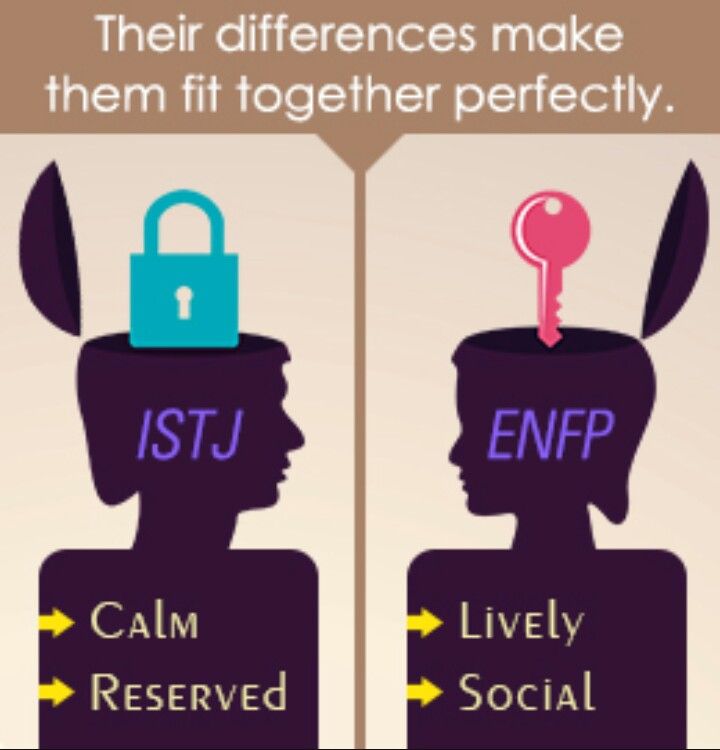 ReGain offers both individual and couples counseling. Online therapy is often more affordable than traditional in-person services are without insurance, making it an easy, cost-effective way to find the support you need without the commute or months-long waiting list. Regardless of how you find a counselor or therapist, don't hesitate to take the first step today.
ReGain offers both individual and couples counseling. Online therapy is often more affordable than traditional in-person services are without insurance, making it an easy, cost-effective way to find the support you need without the commute or months-long waiting list. Regardless of how you find a counselor or therapist, don't hesitate to take the first step today.
Signs of an Introverted Narcissist
Perhaps it’s something about the magnetic allure of narcissistic personalities — or maybe it’s our own dark, inner desires to focus intensely on ourselves that spark interest in narcissism. Whatever the case, we know a lot about the extroverted, grandiose persona typically associated with narcissists — but introverts can be narcissistic, too.
Introverted narcissists are sometimes referred to as covert narcissists because their tactics and ways of getting attention are less obvious and less obnoxious than a “classic” narcissist. But that doesn’t mean that your risk of being manipulated is any lower. Learn more about the signs of an introverted narcissist, covert narcissistic behavior, and why it’s important to empathize with people who have narcissistic personality disorder — a real mental health condition — vs. those with narcissistic personality traits.
Learn more about the signs of an introverted narcissist, covert narcissistic behavior, and why it’s important to empathize with people who have narcissistic personality disorder — a real mental health condition — vs. those with narcissistic personality traits.
In psychology discourse, there are covert and overt psychological behaviors. In a nutshell, overt behaviors tend to be obvious in nature, while covert behaviors are more easily hidden. An example of covert narcissistic behavior would be to take on extra work at your job, but doing so only to try and get recognition from your boss: Telling your boss that you’re clearly the most qualified person to handle the extra work (even if it’s not true) would be overt narcissism.
In real-world interactions, an introverted narcissist may:
- Demand constant validation of their talents and skills by downplaying their accomplishments to others: A classic sign of an introverted narcissist might be insisting that they’re untalented, or are perpetually feeling down about their own abilities.
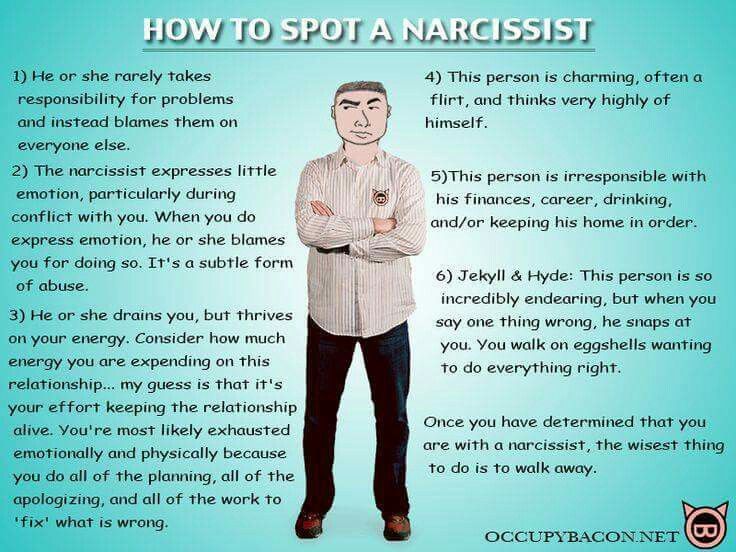 However, they’re only doing this to get those around them to pay attention and invest more energy into their egotistical games.
However, they’re only doing this to get those around them to pay attention and invest more energy into their egotistical games. - Be unable to handle criticism, but have no issue dishing it out: Like overt or extroverted narcissists, covert narcissists are often incapable of receiving criticism about their actions or words. But while an extroverted narcissist may explode with anger or savage comments when confronted, an introverted narcissist is more likely to hold a grudge and wait for the perfect moment to take revenge.
- Only show empathy when there’s a chance to be recognized for doing so: In their personal dealings and relationships, introverted narcissists may be likely to appear altruistic or sympathetic when there’s an opportunity to climb the social ladder by seeming to be kind.
Instead of showboating their skills, appearance, or other assets like an extroverted narcissist would, an introverted narcissist is more likely to use more misleading tactics. Pity is often weaponized against those who are unaware that they’re being manipulated. The other signs of an introverted narcissist are:
Pity is often weaponized against those who are unaware that they’re being manipulated. The other signs of an introverted narcissist are:
- Claiming to be misunderstood because they are special or otherwise set apart from ordinary people: Introverted narcissists may tell those closest to them that they’re misunderstood, or feel isolated from others because other people have somehow let them down. In reality, introverted narcissists may not always realize that their feelings of isolation come from being difficult to interact with.
- Being unable to value the opinions of others, yet don’t feel comfortable sharing their own: Like many introverts, one of the signs of an introverted narcissist might be social anxiety, or an unwillingness to share their inner thoughts. Instead, they may cope with their fragile self-worth by criticizing others.
- They view themselves as a victim: Introverted narcissists label themselves as victims, particularly in personal relationships.
 Viewing oneself as a victim lays the emotional burden and responsibility of dealing with interpersonal conflict on the other person, not on the narcissist.
Viewing oneself as a victim lays the emotional burden and responsibility of dealing with interpersonal conflict on the other person, not on the narcissist.
Many of the narcissistic individuals we encounter in our day-to-day have narcissism as a personality trait — but a smaller group of individuals have narcissistic personality disorder (NPD). NPD is a mental health condition that often results from childhood trauma and emotionally abusive or neglectful family relationships. Those with the disorder develop a different view of themselves and the world around them as a way of coping.
Keep this in mind as you attempt to protect yourself from the introverted narcissists in your life. Here are a few tips for both maintaining the proper boundaries and fostering empathy for an individual who might be suffering themselves:
- If the individual is a family member, it can be helpful to keep in mind that you’re not responsible for their behavior, only your own.
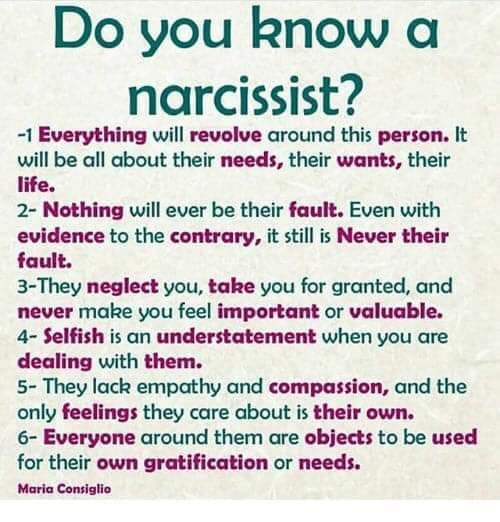 Hurtful words or demonstrations of anger will only make you regret your actions and add to an introverted narcissist’s victim mindset.
Hurtful words or demonstrations of anger will only make you regret your actions and add to an introverted narcissist’s victim mindset. - Don’t engage with an introverted narcissist if they refuse to accept responsibility for their lies or manipulation. Instead, keep in mind: their behavior isn’t your fault (and if they have NPD, it might not be their fault either). Do your best to remain calm and rational.
- Try to put yourself in their shoes—from a distance. Narcissists may seem as though they have life figured out, but in reality, their hurtful words and actions may be a facade that masks their own pain.
- Watch out for narcissistic behavior, but don’t self-diagnose, or tell others that they have NPD. If you’re concerned about yourself or someone you love, connect with a therapist or counselor on your own or together for more support.
signs, causes and how to respond
Recognizing a person with covert narcissism is not an easy task.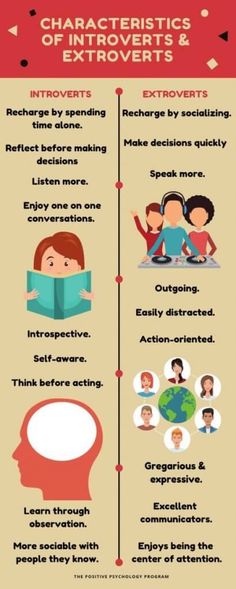 We tell you what signs indicate this type of personality and how to properly interact with such people.
We tell you what signs indicate this type of personality and how to properly interact with such people.
Valeria Skripko
Freepik
Sometimes we can recognize a daffodil right away. This is usually the one who is in the spotlight, for example, loudly tells incredible stories about his achievements, thereby arousing a sense of admiration in others. And can we meet people within the same room who are obsessed with their importance, but in whom it is not so easy to discern a narcissist? Yes, in fact, this is another narcissistic personality type, only with less obvious characteristics.
Contents of the article
Narcissistic personality traits
The term "narcissist" is often used to describe those people who seem to us to be a little self-centered. However, in terms of clinical psychology, a person must meet certain criteria in order to be diagnosed with narcissistic personality disorder.
Common narcissistic traits include
- a sense of self-importance,
- fantasy of popularity and fame,
- exaggeration of one's abilities, talents and achievements,
- craving for attention and recognition,
- manipulating people and lack of empathy,
- preoccupation with beauty, power or success.
In general, people with narcissistic personality disorder are concerned about their own success. They also find it difficult to build or maintain relationships with others due to their manipulative behavior and lack of empathy.
Who is a covert narcissist?
A covert narcissist is one who craves admiration and attention and does not feel empathy for others, but may act differently than an overt narcissist. Analyzing the behavior of narcissists, it is difficult to imagine that any of them can suppress their nature. The covert narcissist appears modest or withdrawn in appearance, but his ultimate goals are the same as those of everyone else.
The covert narcissist appears modest or withdrawn in appearance, but his ultimate goals are the same as those of everyone else.
Causes of covert narcissism
The exact causes of covert narcissism are not entirely clear, but it is likely that a number of circumstances contribute to this condition. Experts suggest that narcissistic personality disorder is due to factors such as:
- genetics,
- childhood abuse and trauma,
- parenting and relationships,
- personality and temperament.
One study found that people with narcissistic personality disorder were more likely to grow up with parents who were highly focused on social status and achievement. Future narcissists felt their superiority over other children and considered themselves special, and all this carried over into adulthood. However, it is still unclear why narcissistic behavior is sometimes hidden rather than open.
Differences between open and covert narcissism
Covert narcissists differ from others only in that they tend to be more introverted. An open narcissist is easy to recognize: they tend to be loud, arrogant, indifferent to the needs of others, and always crave compliments. Such a person exhibits more extraverted behavior when interacting with people.
However, both covert and open narcissists have a sense of self-importance and dream of success and fame. In addition, each of them is unable to regulate their self-esteem.
Signs of a covert narcissist
Here are some common traits and behavioral patterns that will help you recognize a covert narcissist in everyday life.
Low self-esteem
If an extroverted narcissist does not hide an inflated sense of self-esteem and an arrogant attitude towards others, then everything is not so obvious with a hidden narcissist. The latter, of course, craves attention and admiration, but in the eyes of others it may look different. Such individuals make ambiguous compliments and deliberately downplay their achievements or talents so that people will convince them otherwise.
The latter, of course, craves attention and admiration, but in the eyes of others it may look different. Such individuals make ambiguous compliments and deliberately downplay their achievements or talents so that people will convince them otherwise.
An open narcissist will attract attention, while a hidden narcissist will use softer tactics to achieve the same goals. He needs people to praise his talent, skills, and accomplishments.
Blame and shame
Blame is a tactic used by narcissists to secure their high position. An open narcissist will take a more obvious approach to gaining leverage, such as belittling and criticizing you, being rude and sarcastic. The introverted narcissist, in turn, will calmly explain why you are to blame for something, and not him. This type of person may even pretend to be a victim or emotionally abuse themselves in order to get support and praise from you. Their main goal is to make the other person feel worthless.
Creating confusion
Some covert narcissists enjoy being confused by others. They may not blame or shame anyone, but they will make you doubt yourself. Covert narcissists use similar tactics to elevate themselves and maintain power over people. If they make you doubt yourself, it becomes easier for them to manipulate you.
Neglect
Covert narcissists will do everything to make the whole world revolve around them. It is no coincidence that they tend to gravitate toward caring and compassionate people. The covert narcissist sees this as an opportunity for manipulation.
Instead of directly telling you that you are not important to them, they may ask you out, respond to messages at the last minute, always be late, or never make clear plans at all. They show no respect for your time or interests, so you start to feel small and vulnerable.
Pursuit of specific goals
Narcissists find it difficult to invest energy in something that does not bring them any benefit. Covert narcissists present everything in such a way that you feel like they are helping, but this behavior is shown with the intention of getting something in return.
Emotional indifference
Narcissists are unable to build and maintain emotional bonds with others. And the covert narcissist is no exception. While they may seem kinder and less obnoxious than their extrovert counterparts, they are not emotionally available or responsive.
Most likely, they will not bestow flattering words on you. Covert narcissists are always focused on staying on top of themselves in order to maintain their sense of self-importance, so it will be difficult for them to compliment someone. Usually, narcissists don't pay attention to anyone's abilities or talents at all.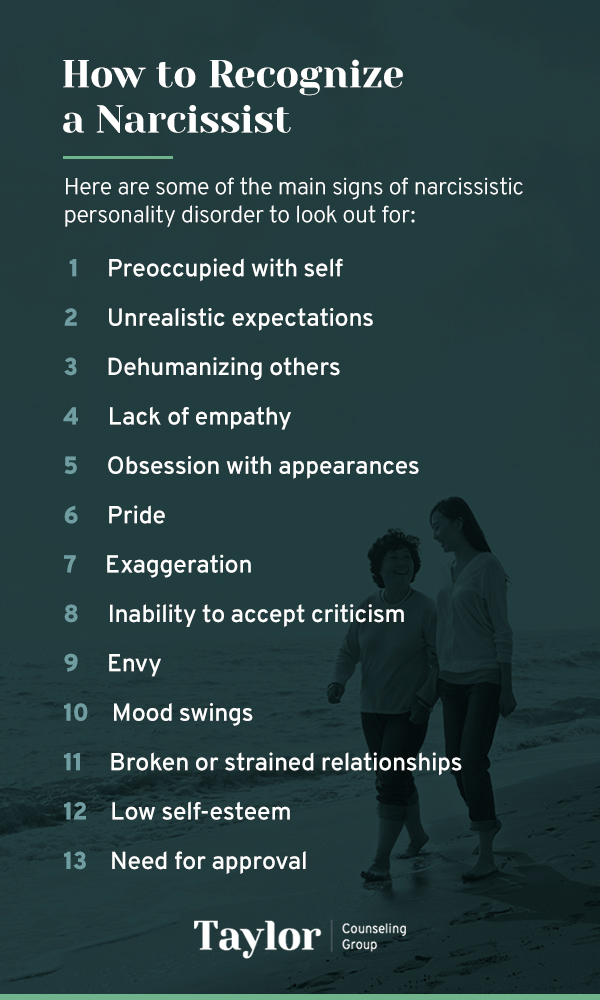
Although covert narcissists appear to be more emotionally available, they tend to only pretend and do so in order to make the other person feel worthless due to neglect, blame, or shame. Because lack of empathy is a hallmark of narcissistic personality disorder, the covert narcissist will not respond emotionally to their partner in a healthy way.
How to Deal With a Covert Narcissist
You may now be in a relationship with a covert narcissist, be it a family member, co-worker, or someone else. Although you cannot control their actions, you can manage your behavior and interact differently with such people. Here are a few steps you can take to protect yourself when dealing with a closet narcissist.
Don't take it personally
No matter how painful the covert narcissist's manipulative behavior may be for you, it's important to remember that it has nothing to do with you. Narcissists want you to take it personally because that's how they maintain leverage.
Narcissists want you to take it personally because that's how they maintain leverage.
Set boundaries
Narcissists don't have healthy boundaries. Because covert narcissists lack empathy, they exploit others, and personal boundaries are what can get in the way of their goals. The more you practice setting boundaries with the narcissist, the sooner you will be able to convey that his tactics are not working.
Setting boundaries can be very difficult. Remember that this is just a way to communicate your values to others. Understanding why you set certain boundaries will help you be more confident and stay on track if someone tries to violate or ignore them.
Protect Yourself
It's easy to lose your voice when dealing with a covert narcissist. Since interaction patterns are too manipulative, it may take you a while to realize that you are not protecting yourself at all.
Define your values and goals. Strengthening your relationship with yourself is the key to interacting with a narcissist. When you start to defend yourself, the narcissist realizes that you know about their tactics, which may cause him to retreat.
Create a healthy distance
Relationships with a covert narcissist can be frustrating and overwhelming. There are times when creating distance between you and that person seems impossible, such as with a family member or colleague.
Restricting face-to-face contact, asking to be moved to another location in your office, taking breaks at different times, or simply ending interactions is a solution if you are suffering from someone's narcissism. The purpose of creating distance is not to harm the other person, but to protect yourself.
Are there hidden daffodils among your acquaintances?
Source
Generation of narcissists: where is the line between selfishness and self-love?
“The indifferent, narcissistic and superficial generation of egoists are these children of social networks and dead screens for whom Instagram followers are more important than their own parents. They are ambitious, but absolutely empty inside.
American scientists have dubbed today's young people the "generation of narcissists" and claim that the situation is only getting worse from year to year. Is the evolution of narcissism really so terrible, and can the zoomers be blamed for the fact that they are not different?
If we turn to Google for a definition, we will see the following wording: narcissism is a phenomenon of mental life that can manifest itself in varying degrees - from healthy to pathological. There are three types of narcissism:
- Narcissistic reactions - a defensive reaction of any person to a situation in which his pride is hurt. These reactions are temporary and quite healthy manifestation of feelings.
- Narcissistic character is inherent in people whose personality is organized around the support of their own "I" by receiving confirmation from society. This is not a clinical diagnosis, but one of the aspects of a personality type that is characterized by a dismissive attitude towards others, an exaggerated sense of self-worth and a refusal to comply with social norms.
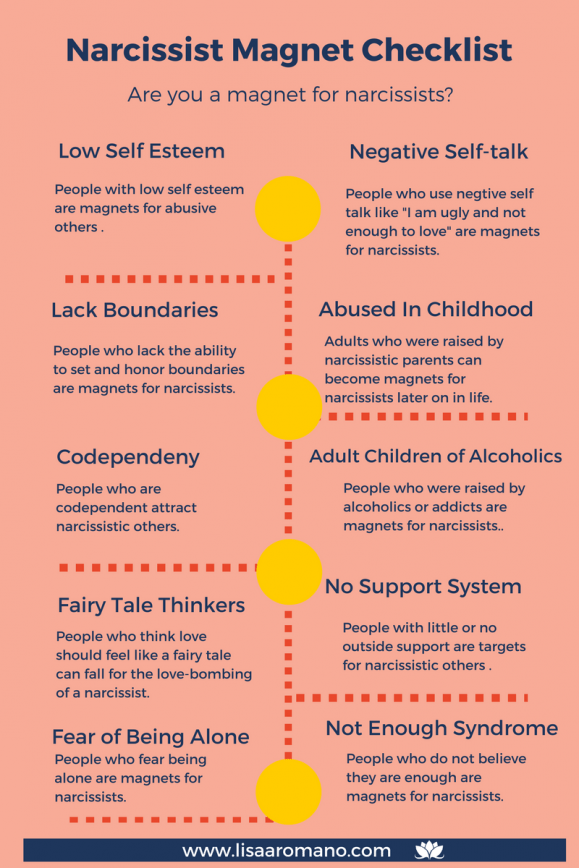
- Narcissistic Personality Disorder is a mental illness that has several degrees of complexity, and people suffering from it are under the supervision of qualified specialists. This disorder is characterized by a person's belief in their own uniqueness, special position, superiority over other people, etc. Only 1% of humanity suffers from a serious form of narcissistic disorder: it is dangerous for others to be with patients, and such a pathology is almost never treated.
The topic of narcissism is as relevant as ever in modern society: this term has quietly leaked out of reference books on psychiatry into everyday life and has become a frequent accusation towards vain, selfish people with inflated conceit.
Initially, the word "narcissus" came to our culture from ancient Greek mythology, in which it denoted the name of a beautiful young man who treated with disdain everyone who loved him.
By the end of the myth, Narcissus falls in love with himself and dies of hunger and suffering, unable to leave his own reflection in the water surface of the river, and his name subsequently becomes the designation of a clinical diagnosis and a common noun in colloquial speech.
Psychologists have long believed that high self-esteem necessarily leads to narcissism as a consequence, but recent research has found that narcissistic behavior and self-esteem have little in common. They are related to each other by a single factor: in both cases, people tend to evaluate themselves positively. The difference lies in the fact that if people with high self-esteem are simply satisfied with themselves, then narcissists strive to be the best and, if they fail to do so, they show anger and aggression.
Self-esteem is about respect and love for the real self without comparison with others, and narcissism is about the urgent need for self-affirmation against the background of another person and the need for rivalry.
People are talking more and more about the epidemic of narcissism, the beginning of which falls just during the heyday of generation Y, or, as they are also called, millennials. Representatives of this generation, born in the period from 1985 to 2000, launched a whole period of perestroika, acquired new values, laid the foundation for love of freedom, individuality and tolerance.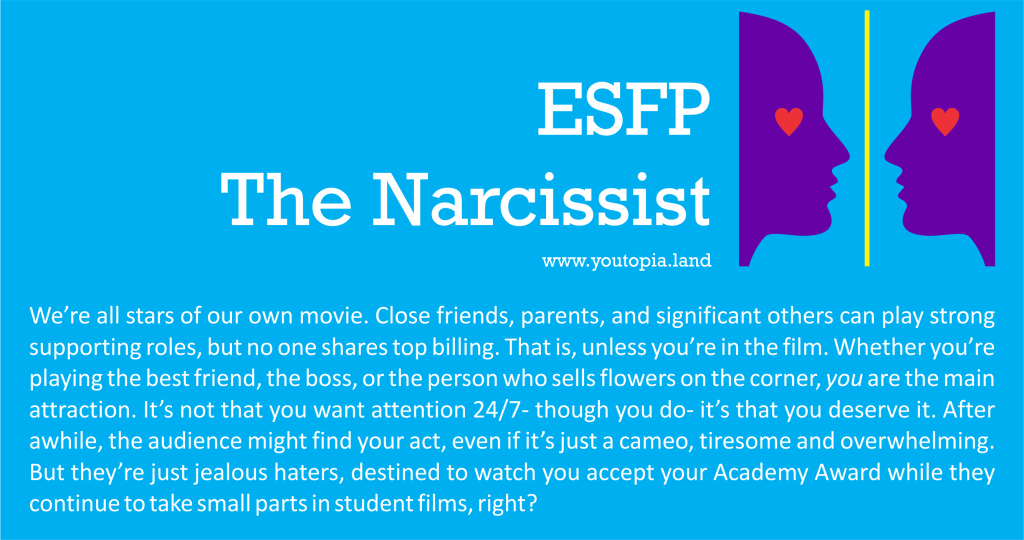 Together with them, digital screens, advanced technologies and the “boom” of social networks came into the world, in which today there is so much narcissism, protrusion and self-confidence.
Together with them, digital screens, advanced technologies and the “boom” of social networks came into the world, in which today there is so much narcissism, protrusion and self-confidence.
“I am Gen Y. I was born between AIDS and 9/11. We are called the Next Generation. We are egotistical and narcissistic. Perhaps because we are the first generation where every child receives an award simply for participating. And, perhaps, from the fact that social networks allow us to expose our every step or sandwich to the public, - the heroine of Emma Roberts reads her monologue in the series American Horror Story.
How has social media affected narcissism?
People use Facebook and Twitter pages to attract attention, and social networks themselves are clearly not against this format. Their users launch start-ups, turn their names into brands, launch global trends, build careers online and make money on personal social media accounts, selling their skills, knowledge and creativity to hundreds of thousands of people.
If earlier people could show their narcissism only in a narrow circle of relatives and friends, now they have the opportunity to become known to a much wider audience, and for this it is not necessary to be a Hollywood star or other famous person.
Practice shows that a million audience can be gathered during a three-month quarantine by filming funny dances on TikTok or sharing interesting recipes on Instagram. Today we see with our own eyes a huge number of examples when people fall in popularity in a matter of days literally from nowhere.
Users of social networks are attracted by the opportunity to observe other people's lives and talk about their own. At the same time, it is not necessary to be 100% truthful, it is enough to skillfully wrap your content in an interesting cover.
True, there is already a tendency on the Web to be “tough”, that is, the more natural and real you show yourself, the more people you attract. Previously, everyone wanted to look at the perfect picture in order to escape from reality, but now there is a fashion for sincerity, and it has become more interesting for people to follow live accounts.
Despite this, society still encourages efficiency, selfishness and financial viability - the factors by which we are judged by others and due to which, accordingly, the number of unprincipled and tough careerists is growing.
A highly competitive technological world forces people to develop such qualities in themselves if they do not want to get lost among the gray mass and be suppressed. Some experts even argue that this is the next step in the evolution of mankind.
How do we feed our narcissism through social networks?
The most important function of social networks has become the ability to show their own lives to users of any of the existing platforms, and since the publication of personal information is always an occasion to attract attention, a great opportunity has opened up for egocentrists to focus society on their person.
According to a study by scientists at the University of Texas at Dallas, there are several types of social media user behavior:
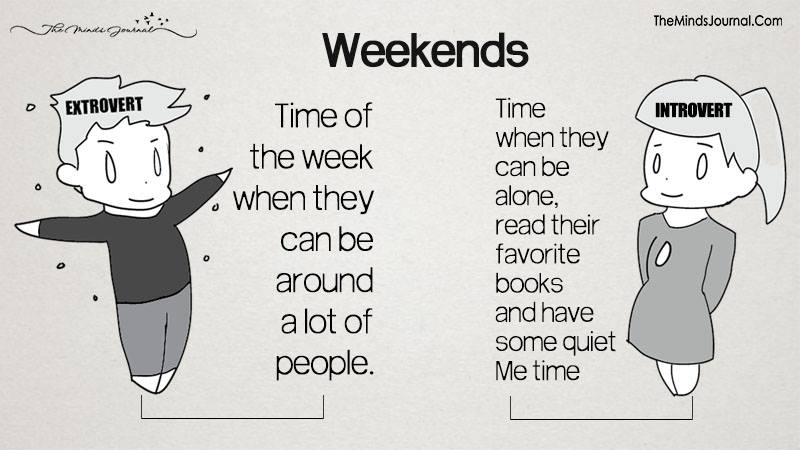 e. a person internally asserts himself when others feel bad;
e. a person internally asserts himself when others feel bad; According to the results of the study, people who are prone to megalomania and narcissism mainly use the “top-down comparison” behavior model, and also post more information about themselves on the Internet.
Such people are accustomed to believing that everyone around them has a worse life than they do, and the realization of this brings them pleasure. But it is impossible to consider the results categorically, because there are both exceptions and a host of other behaviors. For example, when a person suffering from a severe form of narcissistic personality disorder feels uncomfortable on social networks.
There is also a reverse side of the coin. Self-acceptance and love, healthy self-esteem and inner harmony, as well as the need for self-expression can push for the publication of personal content.
Social media is also great for introverts and introverted people for whom exposing themselves and their opinions to the public becomes less scary when it is anonymous or happens in the comfort zone in front of a phone screen.
"The more a person publishes personal content - selfies, videos, characteristic posts on various topics, conversational stories - the more he is narcissistic" - a common, but not the most correct opinion. It doesn't work like that.
The buzzer generation needs to be heard, seen and recognized. Compared to Generation X, they are more cosmopolitan, free from boundaries and stereotypes, and from birth want to be leaders and revolve in the center of everyone's attention.
The main distinguishing features of digital "natives" are multitasking, clip thinking and the influence of the Internet.
These guys are able to do five different things at the same time, combine several completely different areas of activity and are simply indispensable for working in the field of IT technologies and programming.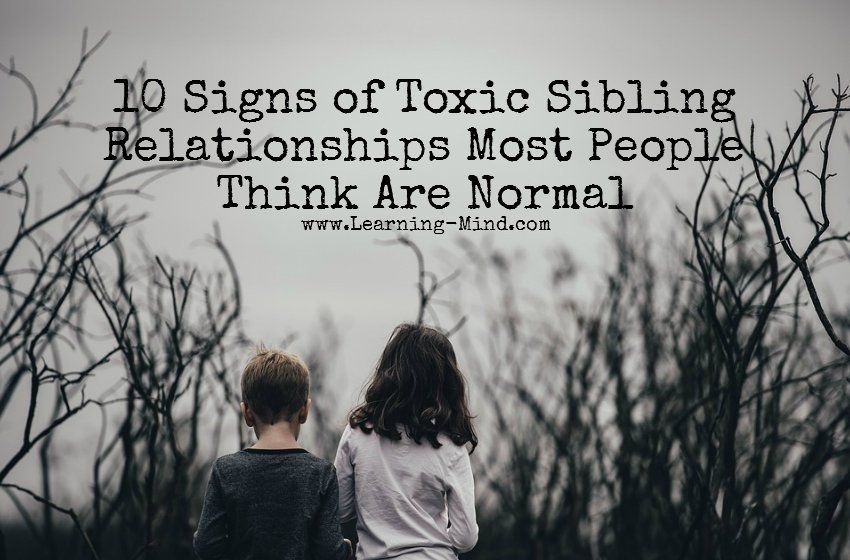
The Zoomers want everything, immediately and now, which is why generations Y and Z are so characterized by ambition, purposefulness and internal non-recognition of any obligations - they easily and often make romantic connections, but try to avoid both marriage certificates and mortgages, loans and all sorts of permanence that entails responsibility. Hence, for example, there are followers of the childfree ideology, which is characterized by a conscious reluctance to have and raise children.
Contrary to popular belief, not all members of the digital generation are insensitive empty shells, they just want a better life, and you can't blame them for that.
Of course, the limits of generations are arbitrary: no one beats the gong every 25 years and shouts that millennials are being replaced by a generation of zoomers, but scientists are trying to carefully monitor changes in the principles and behavior of growing children.
Recently, the boundaries of generations have noticeably narrowed. If earlier it was believed that one generation replaces another on average once every 25 years, now the difference between generations hardly reaches ten years.
If earlier it was believed that one generation replaces another on average once every 25 years, now the difference between generations hardly reaches ten years.
My brother is 5 years younger than me, but I don't always understand the music he and his friends listen to, the jokes they laugh at and their new principles. This happens because the unconditional increase in the speed of changes taking place in the world is an integral part of our lives, which we cannot influence.
Despite the fact that the principles and views of different generations differ markedly, there are things that remain stable forever. For example, humanistic values that are laid down in the womb, natural instincts, stable age stages of personality maturation and crises that every person goes through. Let today's children grow up and go through the stages of personality formation earlier, it still happens and should happen in the future, if there is no large-scale biological revolution.
If not from social media, where do daffodils come from?
The first thing that comes to mind is as simple and predictable as possible – everything comes from the family.
During the Soviet Union, self-respect and self-confidence were a kind of sword and shield against the harsh realities of the surrounding world. People thought that these qualities would help protect against adverse consequences. For example, self-respect will save you from teenage sex or the desire to get hooked on a needle.
Subsequently, the belief that self-esteem will protect us from all sorts of troubles was dissolved against the backdrop of the theory that by raising inflated self-esteem in children from birth, we, without knowing it, are raising inveterate narcissists.
Associate Professor at the University of Amsterdam and author of the study "What to do so that the child does not grow up to be a narcissist?" Eddie Brummelman found that narcissism and high self-esteem can be the consequences of two parenting patterns, and the key moment in the formation of a child's personality occurs at 7-8 years old - exactly at the age when the child begins to compare himself with others.
A child whose parents from childhood emphasize his uniqueness, peculiarity and selectivity will be prone to the manifestation of narcissistic traits in the future. Parents who accept children as they are from the outset and do not try to make them more “comfortable” for themselves and others help them develop a healthy self-esteem.
Brummelman argues that an important tool for increasing self-esteem, but not the development of self-centeredness and megalomania, is the creation of high-quality social bonds.
There is still no consensus on why a child develops a narcissistic personality type. Narcissism is considered to be mainly a psychological phenomenon with little to no genetic or biological factors involved. Education is another matter - the development of narcissism, first of all, depends on family relations, in the conditions in which the child grows, and then on relations in society.
Experts in this field are divided into two camps: some argue that narcissism is a consequence of an “overpraised” child, and others that, on the contrary, people who are not loved in childhood grow up as narcissists. Let's consider both cases.
Let's consider both cases.
- Imagine that a parent adores their child and appears instantly to praise and satisfy his every need even before the child understands what he wants. Over time, the child gets used to this model of upbringing and does not experience any needs until it merges into adulthood, where mom and dad are not around.
An already formed narcissist simply does not understand why others do not run at the first call to satisfy his needs and make every effort to surpass the people around him in everything. Overpraised children have a bunch of psychological and personality disorders and are forced to constantly achieve something in order to receive praise and satisfaction.
- Another case is if parents treat their child too indifferently and in a special period when the child needs admiration, they do not pay attention to him. At the moment of praise, the neural structure of his brain called the striatum should have been activated and produced one of the “hormones of happiness” dopamine, but since the expected praise was not heard, the whole process gets stuck at the initial stage.

The child does not understand what is wrong with him and continues to live with a sense of inner inferiority. Such a person will subsequently spend his whole life looking for that praise that could compensate for its absence in childhood.
Education is one of the possible factors influencing the development of narcissistic personality disorder and its beginnings.
In addition, there are other reasons - the way of life, the mentality of different nationalities, the field of activity and even the geographical location of a person. PlosOne magazine conducted a study of the lives of West and East Germans, after which experts found that people living to the west of the Berlin Wall have a higher level of self-conceit than those living to the east of it - in the territory of the former socialist half of Germany.
Perhaps, like me, you missed the moment when the world was divided into an "Eastern" with a traditional collective mindset and a more individualistic "Western".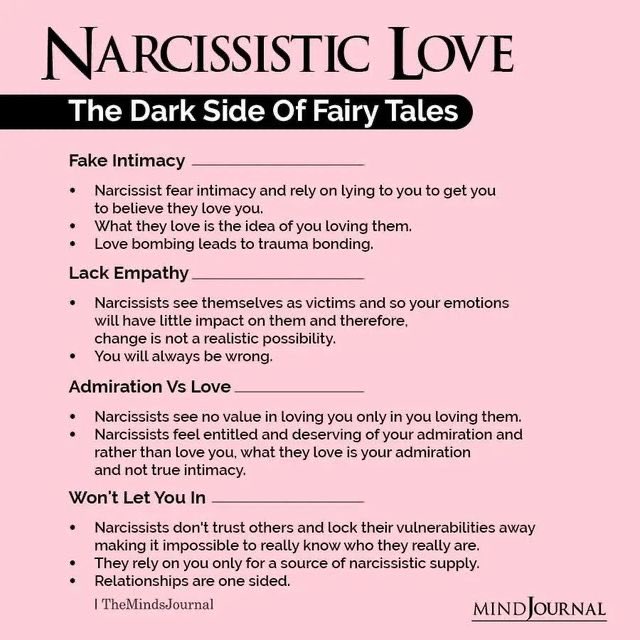 So, this was influenced by centuries of history, the peculiarities of the cultures and traditions of each nation, as well as small factors that affect the separation of people within one country.
So, this was influenced by centuries of history, the peculiarities of the cultures and traditions of each nation, as well as small factors that affect the separation of people within one country.
For example, differences in the characters of the inhabitants of southern and northern China are due to the fact that people in different regions have been cultivating different crops since ancient times.
Wheat cultivation was an individual occupation of the northerners, who subsequently raised a more narcissistic generation, while rice cultivation required collective work, so the southerners did not suffer a similar fate. A similar situation occurs among conservatives and liberals in the United States, and this indicates that even a civic position and a political situation can affect the human psyche and its healthy or unhealthy development.
Loving your body and speaking your mind = being an egocentric narcissist?
The older generations always call the younger generations unpromising, lazy and lacking in morals.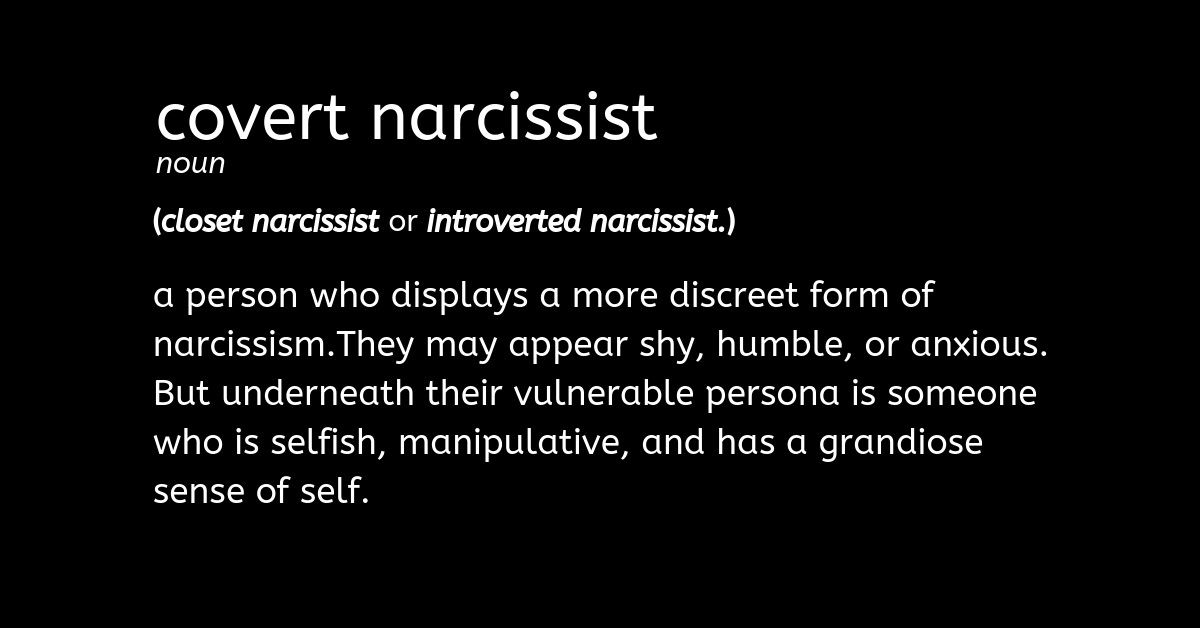 This stereotype has become so entrenched in society that millennials themselves believe that there are a lot of narcissists among them - the realization of this causes anxiety and anxiety among them.
This stereotype has become so entrenched in society that millennials themselves believe that there are a lot of narcissists among them - the realization of this causes anxiety and anxiety among them.
It is only unclear where these stereotypes come from and who invents them? If you look at the studies on which prejudices about the narcissism of today's youth are based, you can see that some of them sound very unconvincing.
According to the results of the Narcissistic Personality Inventory, developed in 1978, the more a person chooses statements in the test with which he agrees, the higher the score gets, which means that he is more prone to megalomania.
The problem with the test is that it evaluates not only narcissism, but also healthy self-esteem, and the survey statements sound like “I am happy with my body”, “I deserve a better life”, “I want to live for myself”, “I I think that I have developed leadership qualities, etc. How many of you recognized yourself in the statements? Welcome to the club of self-centered narcissists.
There are also studies that study how literature changes over time, what words and expressions people began to use.
They found out that the pronoun "I" began to appear in the literature much more often than "we", the word "receive" now people consume more than "give", which certainly indicates the development of their egocentricity.
Other critics tend to think that every generation is a generation of "me" who want to be recognized and strive to provide themselves with the very best. Back at 1988 in the movie "On the Beach" Bette Midler says the world-famous phrase "But enough about me. Let's talk about you. What do you think of me? , which in translation means “Enough about me. Let's talk about you. What do you think about me?" .
And if we remember the hippie subculture with all their inherent thirst for freedom, craving for spirituality, the famous "Make love, not war" and the sexual revolution that followed? Of course, the view of certain things changes over time, but only in part, so we see both similarities and differences between representatives of different generations.





